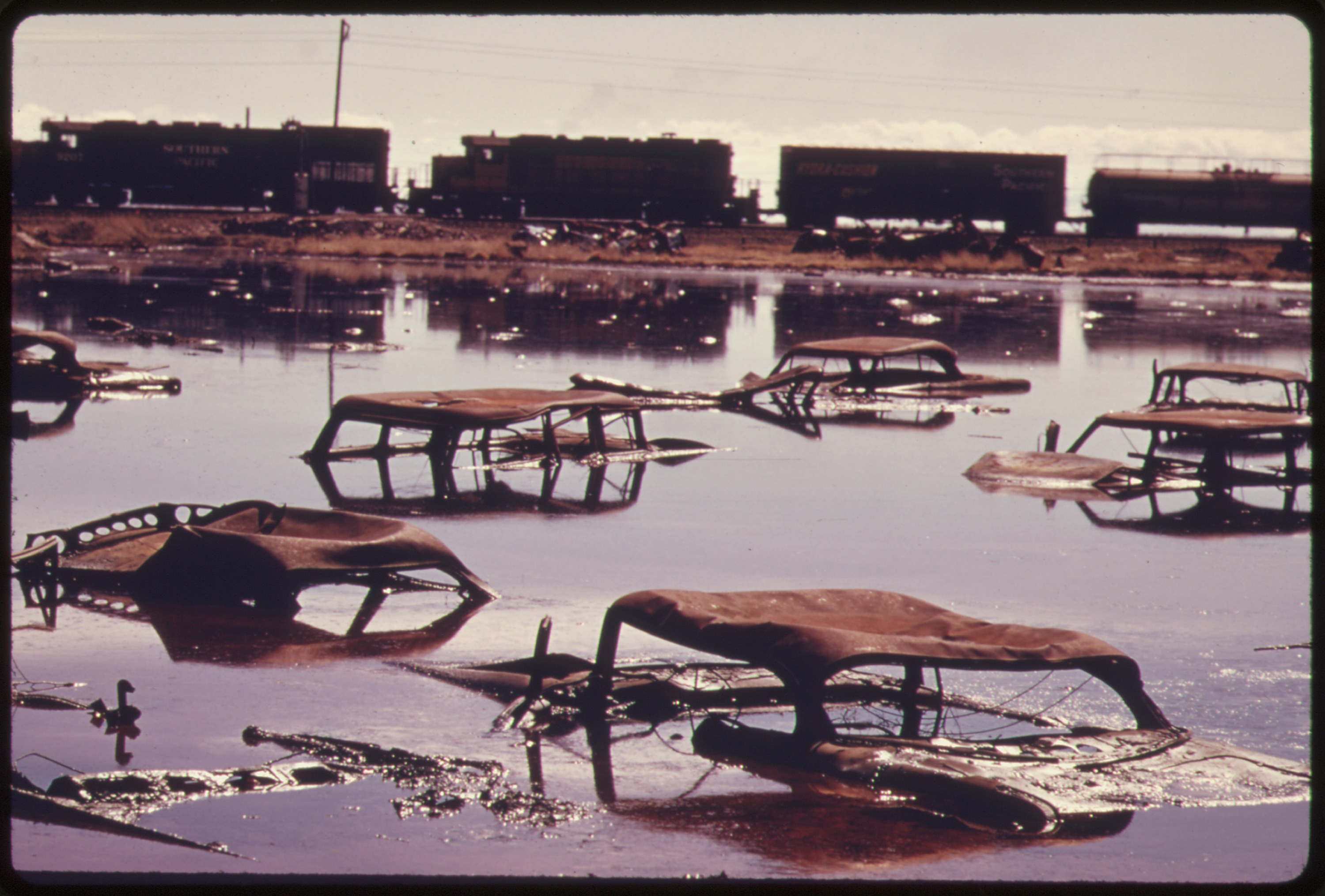In a New York Review Books piece, Bill McKibben lays out the sobering ramifications of the Great Melt, which can be slowed down and perhaps managed to some extent with technological innovation and political will, but which cannot be stopped. An excerpt:
“In mid-May of this year, a pair of papers were published in Science and Geophysical Research Letters that made clear that the great glaciers facing the Amundsen Sea were no longer effectively ‘buttressed.’ It turns out that the geology of the region is bowl-shaped: beneath the glaciers the ground slopes downward, meaning that water can and is flooding underneath them. It is eating away at them from below and freeing them from the points where they were pinned to the ground. This water is warmer, because our oceans are steadily warming. This slow-motion collapse, which will occur over many decades, is ‘unstoppable’ at this point, scientists say; it has ‘passed the point of no return.’
This means that as much as ten feet of sea-level rise is being added to previous predictions. We don’t know how quickly it will come, just that it will. And that won’t be all. A few days after the Antarctic announcement, other scientists found that much of Greenland’s ice sheet shows a similar underlying geology, with warm water able to melt it from underneath. Another study that week showed that soot from huge forest fires, which are more frequent as a result of global warming, is helping to melt the Greenland ice sheet, a remarkably vicious cycle.
In certain ways none of this really comes as news. A leading glaciologist, Jason Box of the Geological Survey of Denmark and Greenland (GEUS), has calculated that given the paleoclimatic record, our current atmospheric levels of greenhouse gases are probably enough to produce an eventual sixty-nine feet of sea-level rise.2 But it’s one thing to know that the gun is cocked, and another to see the bullet actually traveling; the news from the Antarctic is a turning point. It doesn’t mean we should give up efforts to slow climate change: if anything, as scientists immediately pointed out, it means we should ramp them up enormously, because we can still affect the rate at which this change happens, and hence the level of chaos it produces. Coping over centuries will be easier than coping over decades.”
Tags: Bill McKibben

